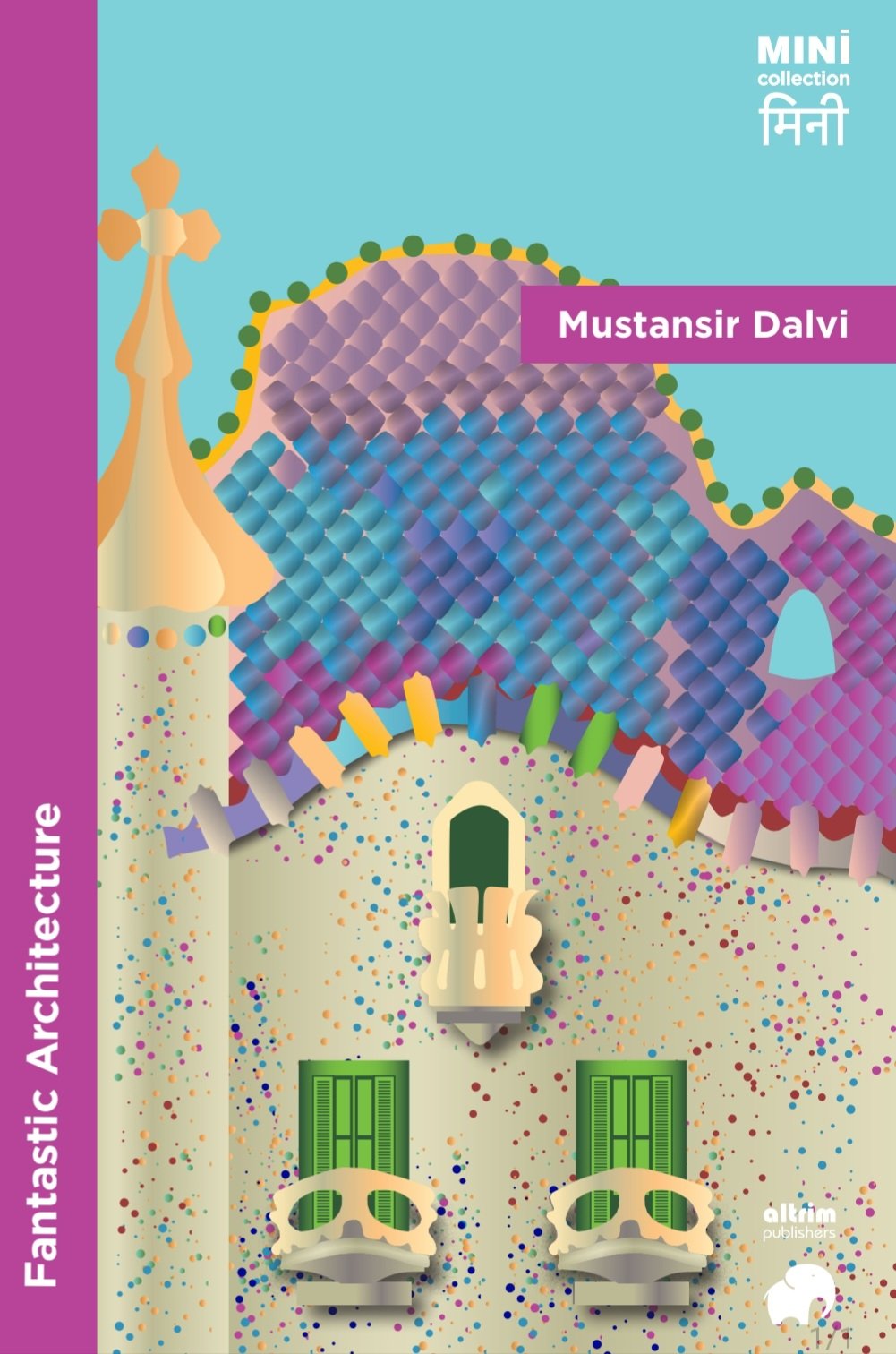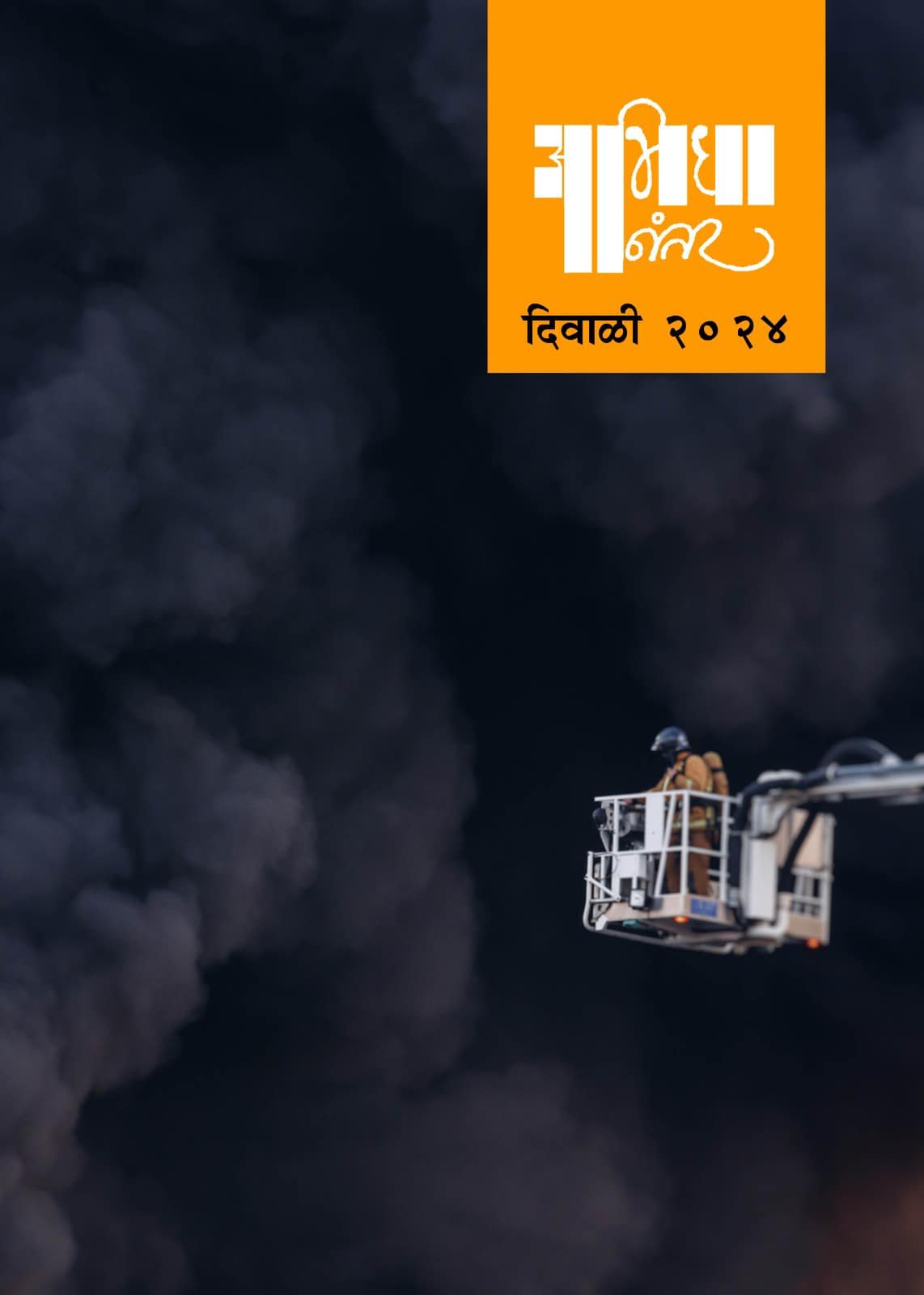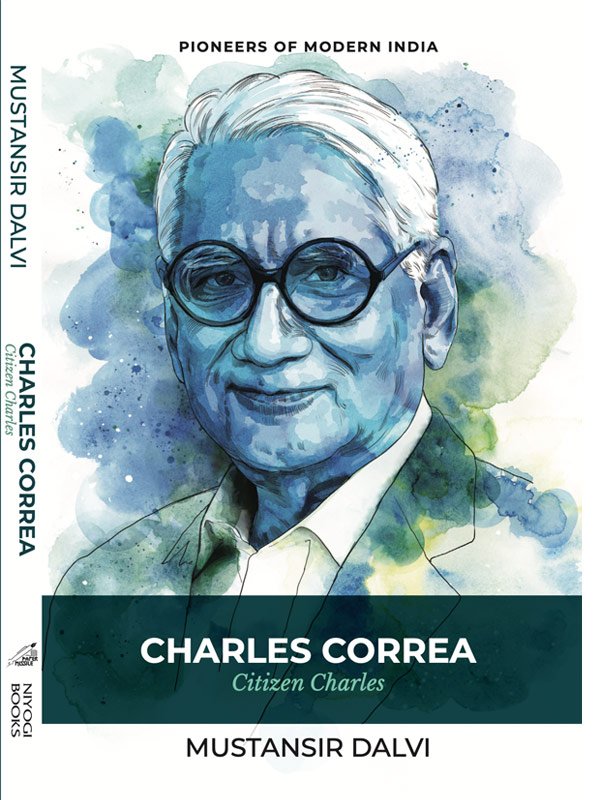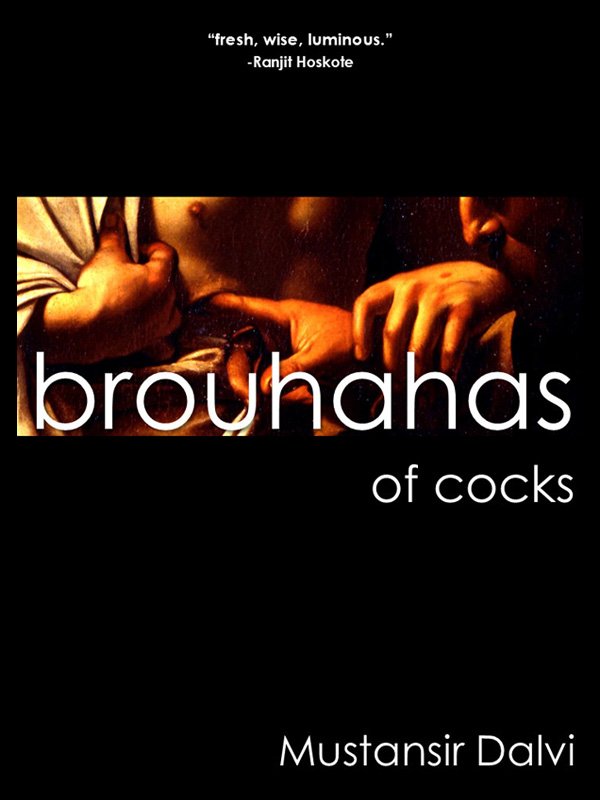brouhahas of cocks
When reading Mustansir Dalvi’s poetry you must do several things: You must pay attention, for in his poems one word follows another in a slow accretion of meaning, while soundscapes and timezones change swiftly. You must be prepared to duel, as he does, with all manner of concepts, emotions, situations, complexities, absurdities, personages, mythologies, geographies and fantasies. You must laugh out loud at the wit, the humour, sometimes even the bawdiness that takes you off-guard, unsettles and delights. And you must not flinch, as the poet doesn’t, from encountering the everyday violences of roadkills and sexual assaults, the terrors of madness, brutality, carnage and conflagration.
-- Sampurna Chattarji
Reviews
These poems are compact, carefully-crafted, affectionate inter-continental sagas, far superior to the saggy-baggy international sagas written by some of our novelists, and acclaimed by our clueless media. They confirm my belief that our poets are by and large far superior to our novelists, though it is the novelists who get all the attention, and, of course, the hefty advances.
When reading Mustansir Dalvi’s poetry you must do several things: You must pay attention, for in his poems one word follows another in a slow accretion of meaning, while soundscapes and timezones change swiftly. You must be prepared to duel, as he does, with all manner of concepts, emotions, situations, complexities, absurdities, personages, mythologies, geographies and fantasies. You must laugh out loud at the wit, the humour, sometimes even the bawdiness that takes you off-guard, unsettles and delights. And you must not flinch, as the poet doesn’t, from encountering the everyday violences of roadkills and sexual assaults, the terrors of madness, brutality, carnage and conflagration.
In a series of precise images, a montage of people and historic moments, road-kill and mangoes, Mustansir Dalvi brings us his version of the city. But this is no jerry built dystopia of despair; instead it is the vision of someone who will not look away, who will look at and then look beneath at the architectonics of the human endeavour to be human. This is poetry of commitment and compassion and one comes away all the richer for having read it.
Dalvi’s new collection of poetry, jolting often in its approach, with words crafted into twists that make you squirm. There is levity too, as well as loveliness.
Dalvi’s poems make a joyful noise. His brouhaha makes for a bravura performance.
When reading Mustansir Dalvi’s poetry you must do several things: You must pay attention, for in his poems one word follows another in a slow accretion of meaning, while soundscapes and timezones change swiftly. You must be prepared to duel, as he does, with all manner of concepts, emotions, situations, complexities, absurdities, personages, mythologies, geographies and fantasies. You must laugh out loud at the wit, the humour, sometimes even the bawdiness that takes you off-guard, unsettles and delights. And you must not flinch, as the poet doesn’t, from encountering the everyday violences of roadkills and sexual assaults, the terrors of madness, brutality, carnage and conflagration.
In a series of precise images, a montage of people and historic moments, roadkill and mangoes, Mustansir Dalvi brings us his version of the city. But this is no jerrybuilt dystopia of despair; instead it is the vision of someone who will not look away, who will look at and then look beneath at the architectonics of the human endeavour to be human. This is poetry of commitment and compassion and one comes away all the richer for having read it.
More Books

Fantastic Architecture

Mustansir Dalvi Yanchyashi Samwad with Manya Joshi

